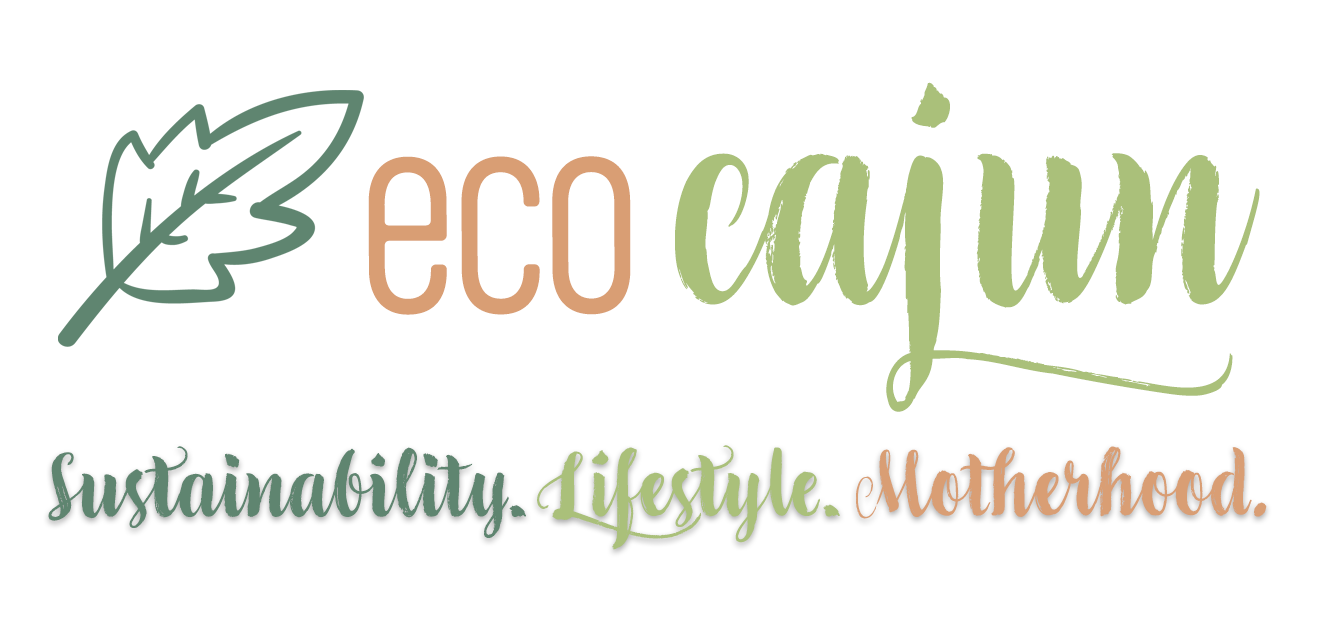But, have you thought about why it's in the order it's in? While all three ways are better for the environment than trashing something, reducing or reusing should be your first priorities.
For example, you may justify using three plastic water bottles a day by saying you recycle your bottles - but it's better overall to reduce your waste by choosing a reusable water bottle that saves on disposable plastic.
Reduce
Reducing your stuff cuts down on physical material things, and if you don't have it, then you don't have to worry about getting rid of it. It's popularly known as going zero waste. Go paperless. Only buy one of it. Calm your urges for a wild shopping spree. If you don't need it, then it's not part of your clutter. And then you can have one of those houses that looks straight off of Pinterest. Seriously, where do they store all their junk!? Live a simpler life; minimalism is the key here. Less junk, less mess and less stress. (I'm all about the rhyming this week!)Reuse
If you need the item, look for a reusable version of it first. Forget disposable, forget one-time use. All that is just extra waste. Buy food in bulk with your own containers. Buy minimally packaged items. (I'm begging you, buy the big box of snacks instead of the individually packaged portion sizes!) Bring your own cloth shopping bags. Have a reusable water bottle. Buy things that can be reused again and again.Recycle
And last, look to recycling your goods. Once you're done with it, send it back into the production stream so the materials can be used to make other products without having to use new materials. If the items are still good, donate or sell them, so they can be of service to someone else who needs them.Let's use a sheet of paper at work for example. First, you can reduce your amount of paper by not printing every email that comes in, or printing double-sided (if printing is necessary). Once you've used it, you can reuse that sheet of paper by keeping it for scrap paper to jot notes on. And when you're done, recycle that paper!
But, why?
Why is it important to reduce your waste or reuse your items before recycling? Unfortunately, the practice of recycling, especially in the U.S., has its share of problems. Recycling only covers a fraction of the trash generated by everyone, though it could (and should) be higher. Once recycling has been picked up, it's sorted and then sold to companies who will use the materials however they need. And the problem is getting companies to buy your recycling. If no companies want it, then what happens to the collection? The trash and recycling companies are for-profit businesses, so if they can't make a profit on the recyclable materials, then they are less inclined to dedicate resources to it.Most recycling pickup services don't make much money on their collection, and they can't just dump it in a landfill. However, I have heard that some smaller trash collection companies will accept recycling and send it to the dump anyway. I tend to take most hearsay with a grain of salt, but isn't that still one of the most maddening things to hear!?
Remember that time in 2013 the Recycling Foundation facilities caught fire? And that other time in 2010 the Recycling Foundation facilities caught fire? It still pains me to think about the amount of recyclable materials that went up in flames. Unfortunately, nothing is immune to fire, whether mechanical or arson.
The bottom line is that there's just so much STUFF in this world. If everything got thrown away, we would run out of space to put it. Do we want a planet that's covered in landfills? That's why the alternatives - reducing, reusing and recycling - are so important. Doing anything to divert materials out of landfills is important.
Start with cutting out the source—reduce your amount of crap. If you have to have it, make sure you can reuse your crap. And lastly, if you have to get rid of it, recycle your crap.







No comments